1. Chihuahua
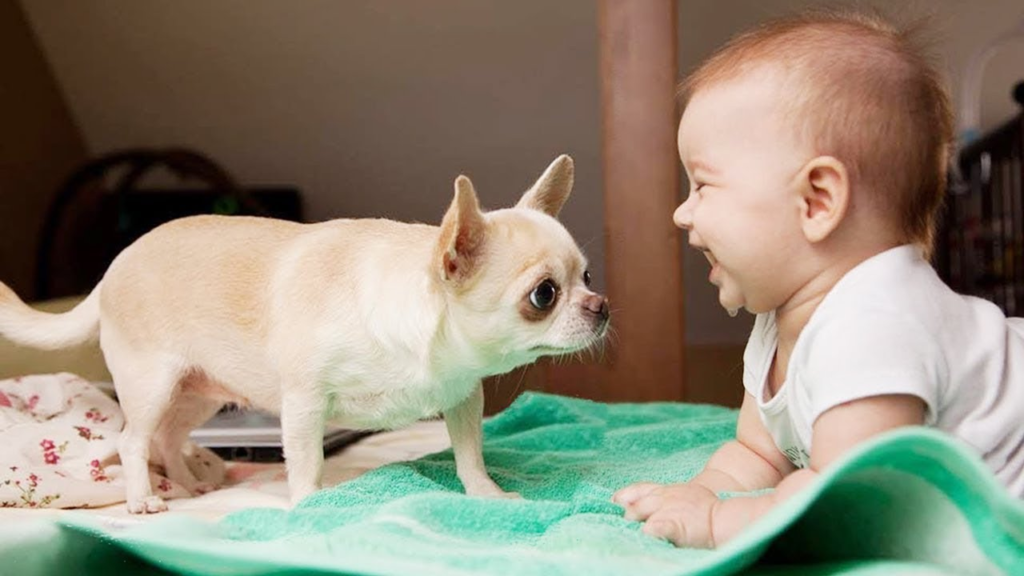
YouTube
Chihuahuas may be small, but their personalities are anything but. These pint-sized pups can be feisty and territorial, often displaying a preference for one person. While they can be loving companions, their small size makes them vulnerable to accidental injury from rough play, and their tendency to snap when startled can be risky for younger children. Chihuahuas are best suited for households where kids are old enough to understand how to handle them gently and respectfully. If your family includes toddlers, a Chihuahua might not be the best match for now.
2. Akita
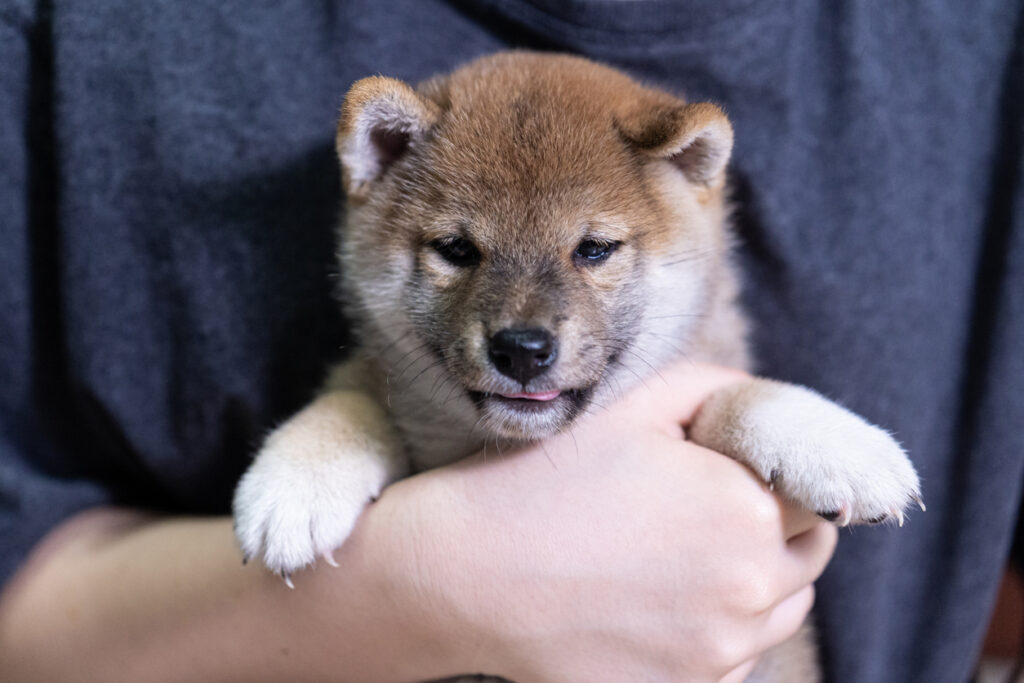
iStock
Akitas are known for their loyalty and protective instincts, but their strong personalities and independent nature can make them a challenge for families with kids. These large, powerful dogs require consistent training and firm boundaries, as they can be wary of strangers and territorial around other animals. Akitas are not always tolerant of rough play, and their sheer size can accidentally intimidate or overwhelm younger children. They thrive in homes with experienced dog owners who understand their unique temperament and can provide a structured environment.
3. Jack Russell Terrier
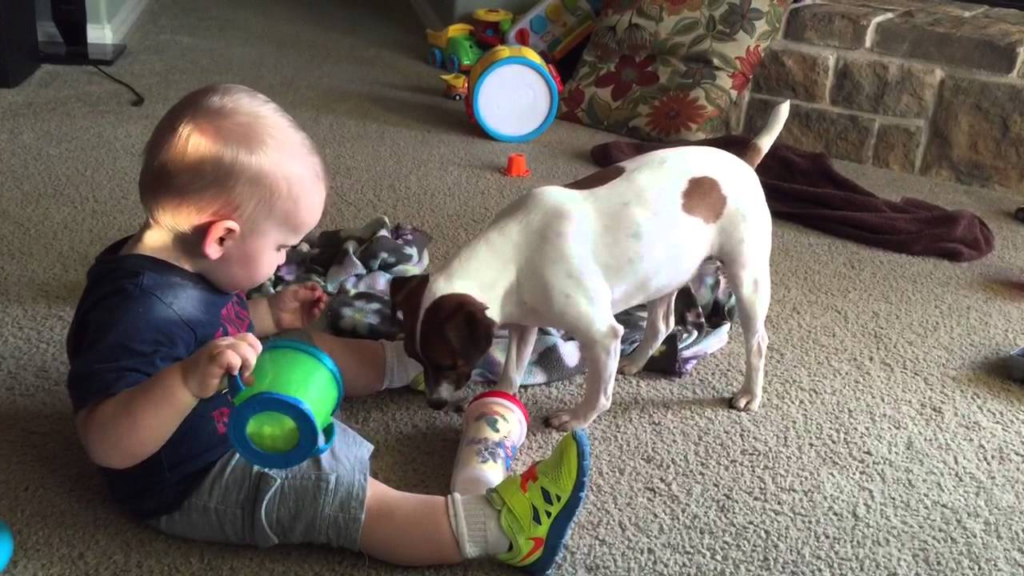
YouTube
Jack Russells are energetic and intelligent, but their high energy levels can be overwhelming for families with young kids. These terriers are known for their strong prey drive, love of chasing, and tendency to bark excessively when excited. While they can form strong bonds with their families, they require a lot of mental and physical stimulation, which can be a challenge for busy households. Jack Russells are better suited to families with older children who can match their energy and participate in training and playtime.
4. Dalmatian
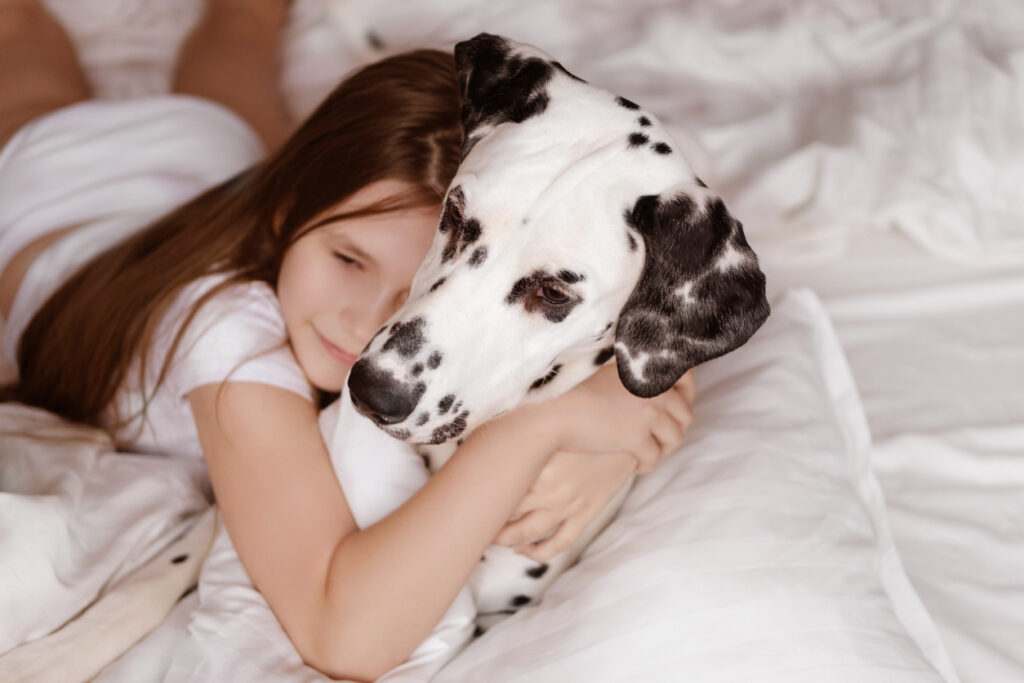
iStock
Dalmatians are strikingly beautiful, but their reputation as a family-friendly breed isn’t always accurate. These dogs are highly energetic and require plenty of exercise to stay happy and well-behaved. Without enough stimulation, they can become destructive or overly boisterous, which can be difficult for homes with small children. Additionally, Dalmatians can be stubborn and strong-willed, requiring consistent training and experienced handling. Families considering a Dalmatian should be prepared for their energy demands and ensure their kids are old enough to handle such an active breed.
5. Bulldog
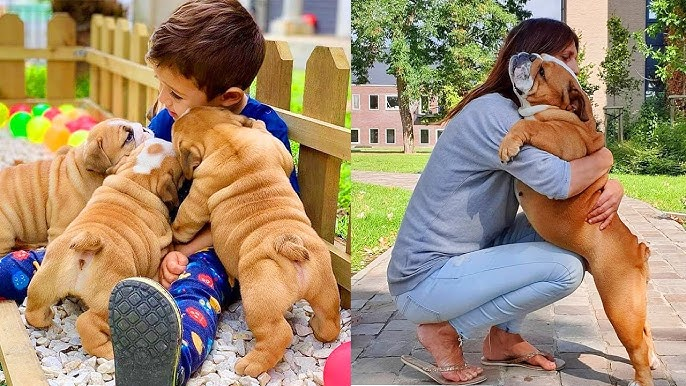
YouTube
Bulldogs may seem like a great choice due to their laid-back demeanor, but they come with unique challenges for families with kids. While they’re generally good-natured, Bulldogs can be prone to health issues, including breathing difficulties and joint problems, which can make them less tolerant of rough play or prolonged activity. They can also be stubborn during training, requiring patience and consistency. Families with young children should carefully consider whether they can meet the needs of this breed while ensuring a safe and stress-free environment for everyone.
6. Husky
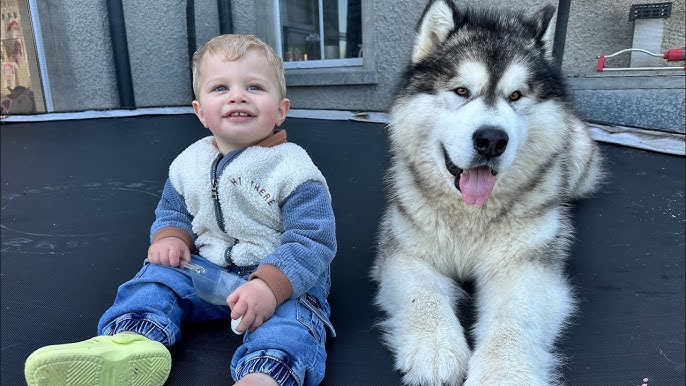
YouTube
Huskies are known for their stunning appearance and friendly nature, but their high energy and independent streak can make them a handful for families with young kids. These dogs need regular exercise and mental stimulation to prevent boredom and destructive behavior. While they’re typically not aggressive, their playfulness and strength can unintentionally overwhelm small children. Huskies are better suited for active families with older kids who can participate in their care and keep up with their adventurous spirit.
7. Shih Tzu
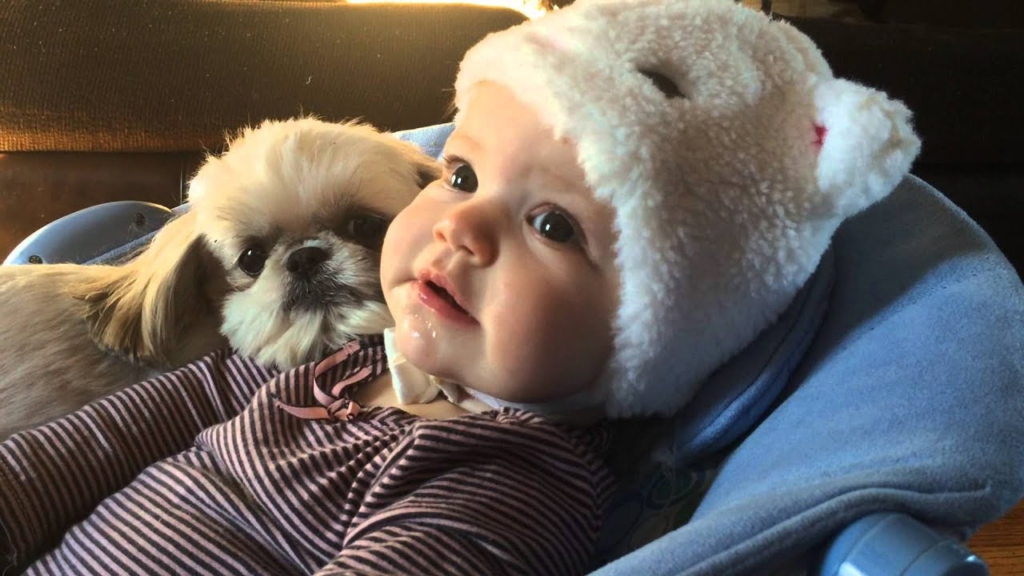
YouTube
Shih Tzus are small and adorable, but their grooming needs and occasional stubbornness can make them less ideal for families with young children. Their long coats require regular maintenance, which can be time-consuming for busy parents. Additionally, they can be sensitive and may not tolerate rough handling or loud environments. While Shih Tzus can thrive in calm households, they’re not always the best fit for energetic or boisterous families with toddlers. If you’re considering this breed, make sure your kids are old enough to respect their boundaries.
8. Weimaraner
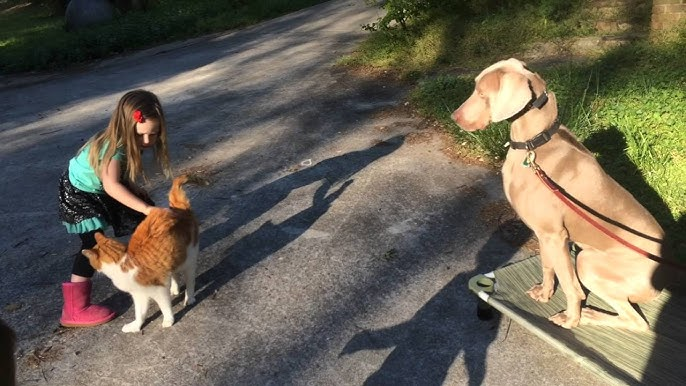
YouTube
Weimaraners are intelligent, active dogs that form strong bonds with their families, but their high energy levels and need for constant activity can be overwhelming for households with young children. These dogs require plenty of exercise and mental stimulation, and they don’t do well when left alone for long periods. Without proper outlets for their energy, Weimaraners can become anxious or destructive. Families with older kids who enjoy outdoor activities may find them a great match, but they’re not the best choice for homes with small children or limited time for training.
9. Rottweiler
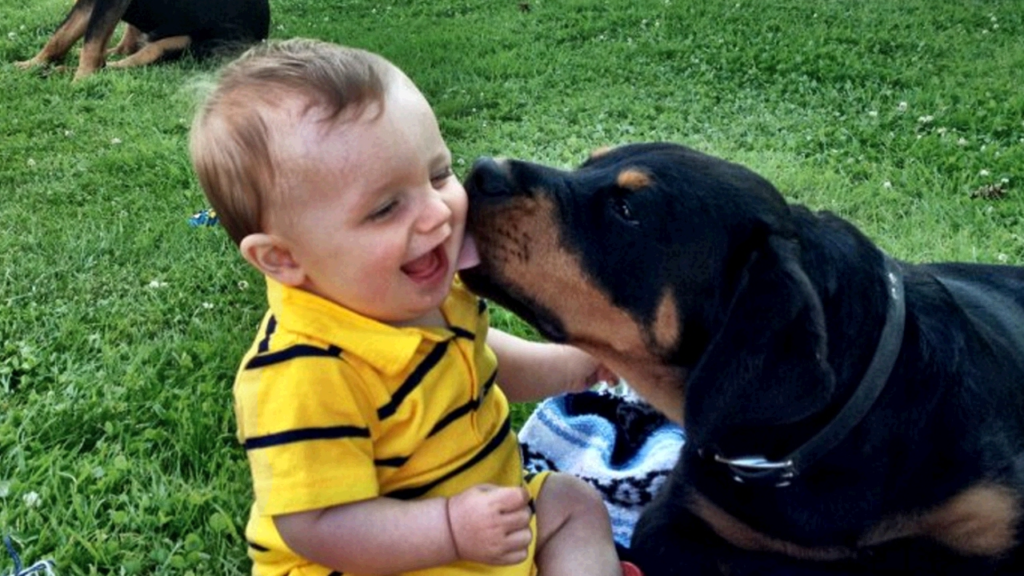
YouTube
Rottweilers are loyal and protective, but their size and strength make them a challenging breed for families with young kids. While they can be gentle and affectionate with proper training, they require an experienced owner who can establish clear boundaries and provide consistent leadership. Rottweilers’ natural guarding instincts can sometimes lead to overprotectiveness, which might be problematic in a busy household with frequent visitors or young children who don’t yet understand how to behave around large dogs.
10. Afghan Hound
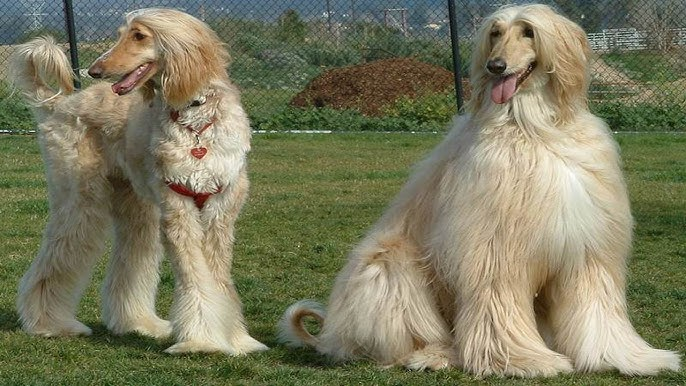
YouTube
Afghan Hounds are elegant and aloof, traits that make them less suited for homes with young kids. These independent dogs often prefer a quieter environment and may not enjoy the chaos and noise that comes with small children. Additionally, their luxurious coats require regular grooming, adding to their upkeep. While Afghan Hounds can be loving companions in the right setting, families with young kids might find their reserved nature and high-maintenance grooming needs a poor match for their lifestyle.
11. Chow Chow
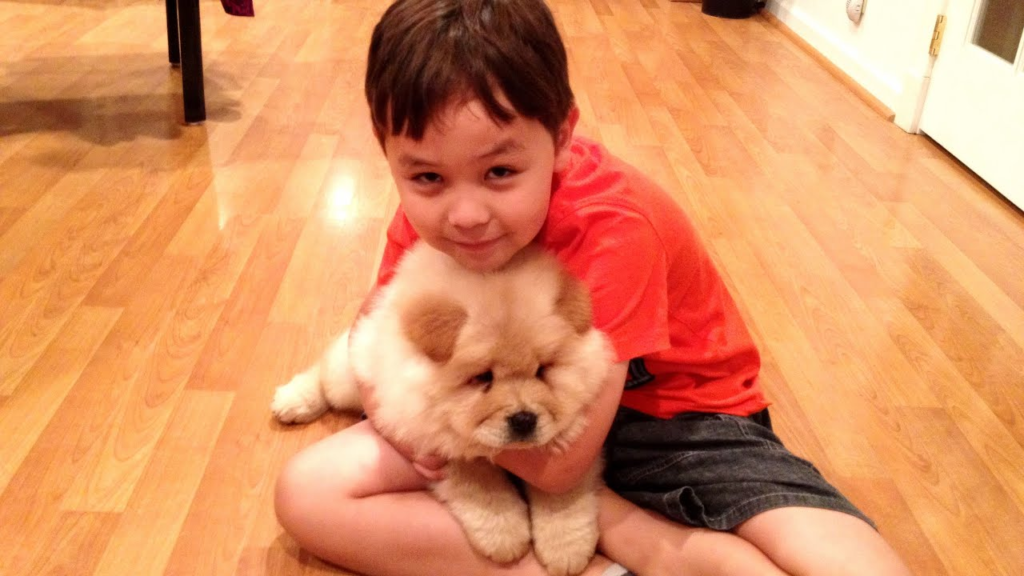
YouTube
Chow Chows are known for their lion-like appearance and independent personality, but their aloof nature and tendency to bond with only one or two people make them less ideal for families with kids. They can be territorial and may not tolerate rough play or unfamiliar visitors. Chow Chows require early socialization and firm, consistent training to ensure they’re well-behaved. For families with young children, the breed’s reserved temperament and strong-willed nature might make them a challenging choice.
12. Greyhound

YouTube
Greyhounds are gentle and quiet, but their unique needs make them less suitable for families with young children. While they’re typically calm indoors, Greyhounds require regular exercise and prefer a peaceful environment. Their slim build makes them prone to injury, and they may not tolerate rough handling from toddlers. Greyhounds are better suited to households with older kids who understand how to interact gently and respectfully with these elegant dogs.
13. Dogo Argentino
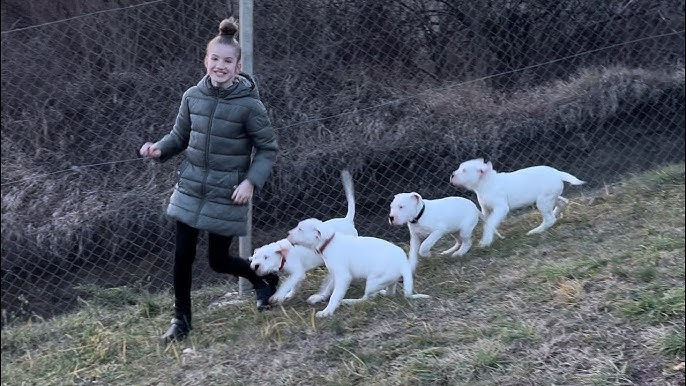
YouTube
The Dogo Argentino is a powerful and athletic breed known for its hunting abilities and protective instincts. While they can be affectionate with their families, their strength and high prey drive make them a poor choice for households with young kids. These dogs require experienced owners who can provide consistent training and structure. Without proper guidance, their strong-willed nature can lead to behavioral issues. Families with children should think carefully before adopting this breed, as their temperament and needs may not align with the chaos of a busy home.


